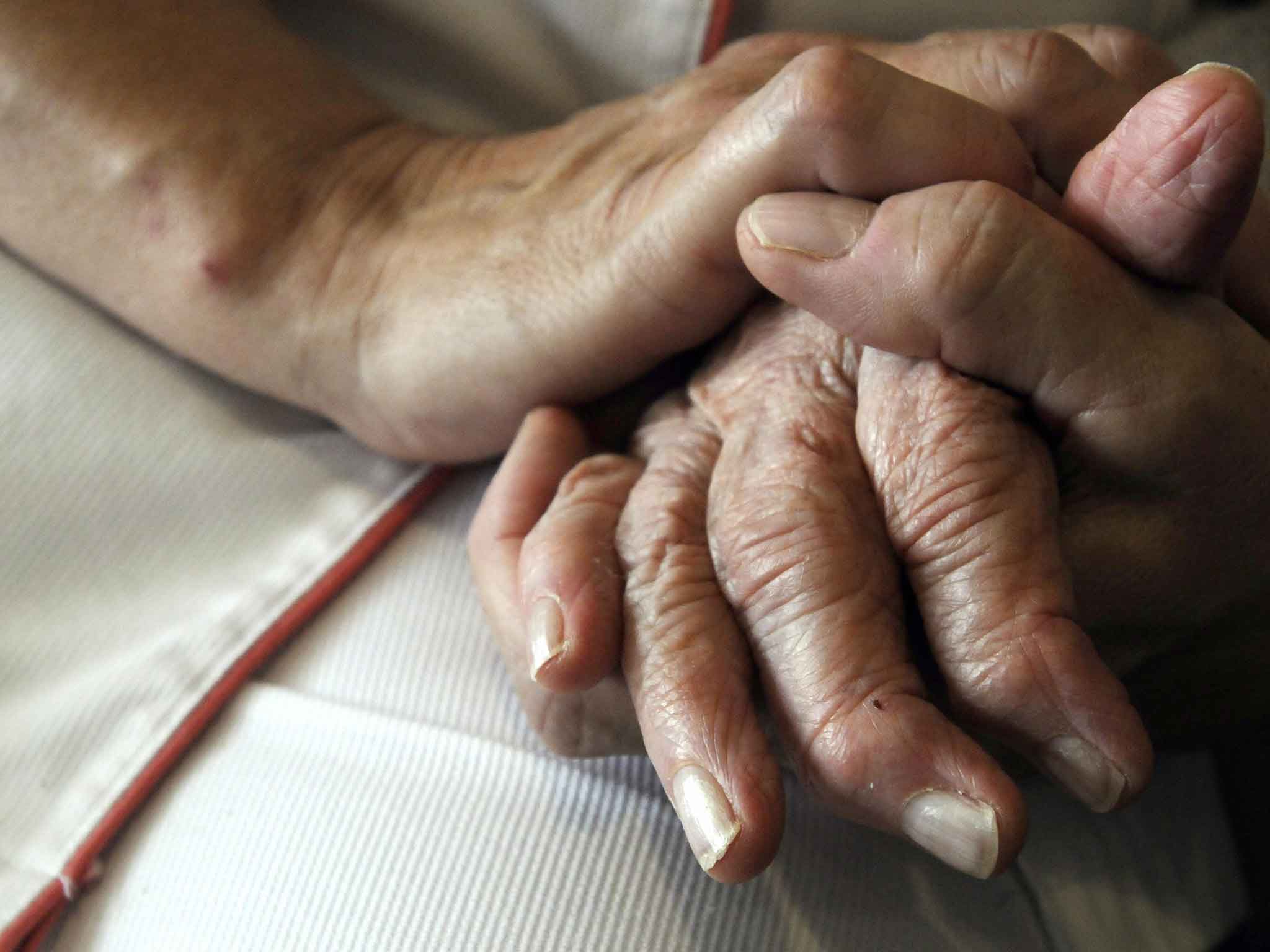Warped sense of humour could be ‘sign of impending dementia’
Research has found dementia patient's friends and family noticed a distinct change in their loved one's sense of humour

An increasingly dark or twisted sense of humour could be an early warning sign of impending dementia, according to experts.
The results have appeared in the Journal of Alzheimer’s Disease, which was carried out by University College London.
Dr Camilla Clark recruited 48 patients with frontotemporal dementia from their dementia clinic at University College London. The patient's friends and family were asked to rate their friend or relative's enjoyment of different kinds of comedy.
These included slapstick comedy such as Mr Bean, satirical comedy such as Yes, Minister or absurdist comedy such as Monty Python and examples of inappropriate humour. Dr Clark found that the dementia patients preferred slapstick humour to satirical, when compared to 21 healthy people of a similar age.
Nearly all of those asked, said that they had noticed a change in the patient's humour within the previous nine years before being diagnosed with dementia. The changes included a darker sense of humour and laughing at tragic events in the news or their personal lives.
Dr Clark said: “These were marked changes – completely inappropriate humour well beyond the realms of even distasteful humour. For example, one man laughed when his wife badly scalded herself”.
Dr Simon Ridley, of Alzheimer’s Research UK, said anyone concerned about changes in their behaviour should speak to their GP.
“While memory loss is often the first thing that springs to mind when we hear the word dementia, this study highlights the importance of looking at the myriad different symptoms that impact on daily life and relationships", he said.
“A deeper understanding of the full range of dementia symptoms will increase our ability to make a timely and accurate diagnosis”.
Frontotemporal dementia is only one type of dementia, and is one of the rarer types.
Experts say that more research is needed to help identify more clearly when changes in humour can signify the beginnings of dementia.
Subscribe to Independent Premium to bookmark this article
Want to bookmark your favourite articles and stories to read or reference later? Start your Independent Premium subscription today.

Join our commenting forum
Join thought-provoking conversations, follow other Independent readers and see their replies